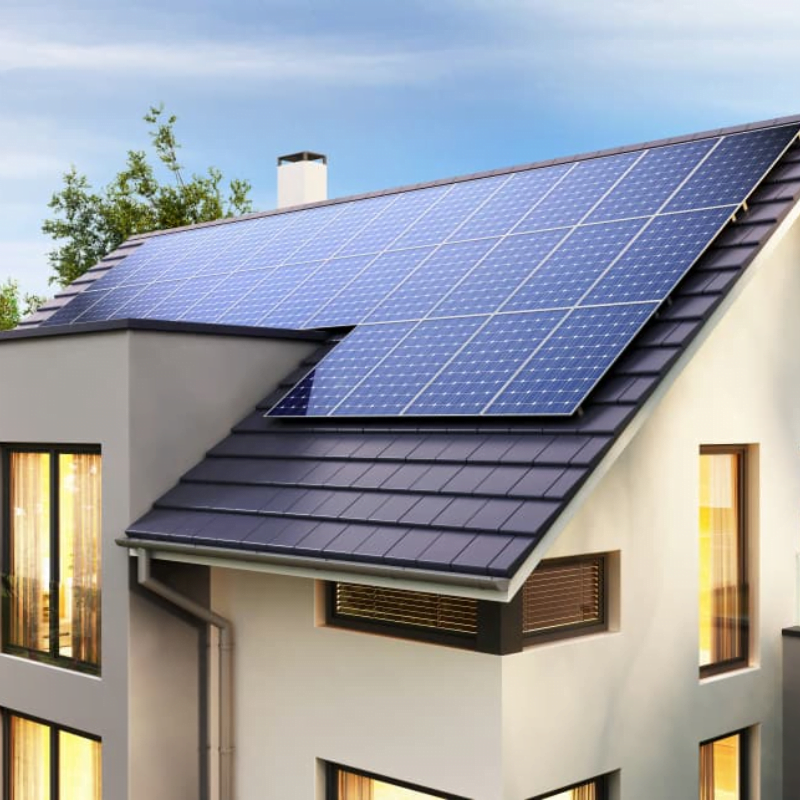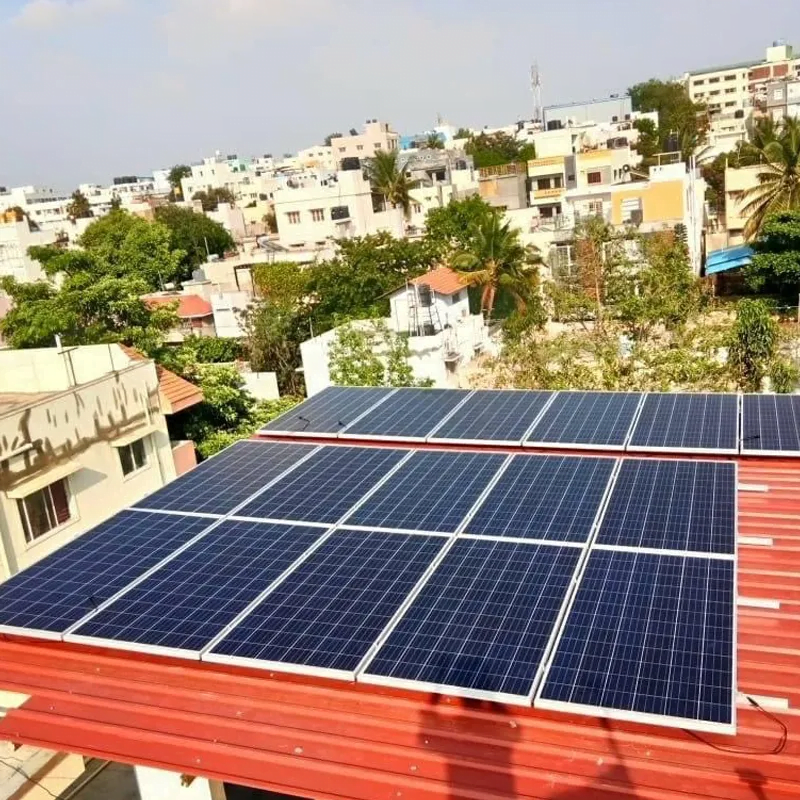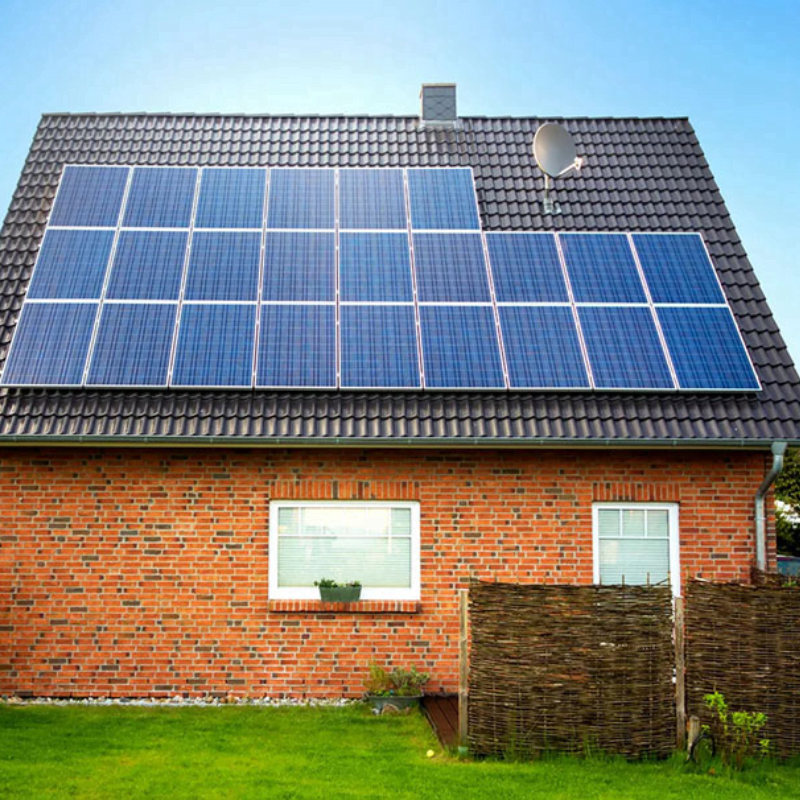Home Solar Solutions
“Home Solar Solutions” encompasses a range of renewable energy options tailored for residential use. These systems harness sunlight to generate electricity, offering homeowners an eco-friendly alternative to traditional power sources.
There’s a variety of home solar solutions, each with distinct characteristics like placement, materials, grid connection, and battery options. You have the freedom to select the one that best fits your requirements. Residential solar power systems differ significantly from one another. The primary types are as follows:
Types of Solar Systems for Homes
Synergy Solar Solutions
Further factors to ponder regarding solar power systems.
While selecting the solar power system for your home is pivotal, it’s essential to also contemplate other factors, including:
Size of solar power system :
The size of the solar power system you opt for in your home relies primarily on your energy demands and secondarily on whether you intend to include battery storage or aim for self-sufficiency in electricity generation. Your power consumption patterns and the amount of sunlight available for harvesting also play a crucial role in determining the system’s size.
Placement of solar panels :
Typically, solar panels are installed on rooftops; however, in specific situations, they might be mounted on posts on the ground. This scenario arises when the roof is aged, has an unconventional angle, or receives insufficient sunlight.
Solar panel material :
Solar panels come in a range of materials including crystalline silicon, monocrystalline, polycrystalline, and thin film. Solar installers are equipped to advise you on the ideal material choice for your solar power needs.
Fixed or sun tracking arrays :
There exist two types of arrays: fixed and sun tracking. Fixed arrays are the more prevalent option, being cost-effective and straightforward to design and install. On the other hand, sun tracking arrays are utilized to maximize solar power output by adjusting the angle of the solar panels according to the sun’s position.
Solar power system financing :
While certain homeowners can afford to purchase a solar power system outright, others may require financial assistance. Loans are a viable option for financing. Another advantageous alternative is leasing, which enables homeowners to enjoy the savings and financial incentives of solar power without bearing the upfront costs.
Benefits of Home Solar Panels
Reduced Energy Bills
Once installed, solar panels generate free electricity, significantly reducing your monthly energy bills. Depending on your location and system size, you may be able to eliminate your electricity bill entirely.
Environmentally Friendly
Solar energy is a clean, renewable source of power that reduces reliance on fossil fuels. By installing solar panels, you help cut down harmful greenhouse gas emissions, contributing to a more sustainable planet.
Energy Independence
Solar panels provide you with the ability to generate your own electricity, reducing dependence on grid electricity and protecting you from rising energy costs.
Government Incentives
Many governments offer incentives and tax rebates to homeowners who install solar panels. These can significantly reduce the upfront cost of solar system installation, making it more affordable.
Increase Property Value
Solar panel installations can increase the market value of your property. Homes with solar systems are attractive to eco-conscious buyers, offering a long-term energy solution that saves money.
How to Choose the Right Solar Panel System for Your Home
When selecting a solar panel system, consider the following factors:
Reduced Energy Bills
Once installed, solar panels generate free electricity, significantly reducing your monthly energy bills. Depending on your location and system size, you may be able to eliminate your electricity bill entirely.
Roof Space and Orientation
Solar panels work best when installed on south-facing roofs that receive direct sunlight throughout the day. Ensure that your roof has enough space to accommodate the required number of panels.
Budget
While solar panels are a long-term investment, the initial cost varies depending on the type of panels and system you choose. Consider government subsidies and financing options to make the switch more affordable.
System Size
The size of your system will depend on your energy consumption, available roof space, and budget. Most residential systems range from 3 kW to 10 kW in capacity.
Warranties and Certifications
Choose solar panels that come with robust warranties (usually 25 years) and certifications from reputable manufacturers. This ensures product quality and long-term performance.



